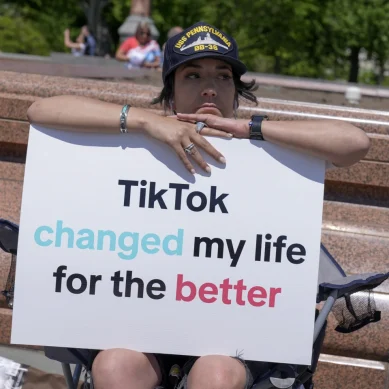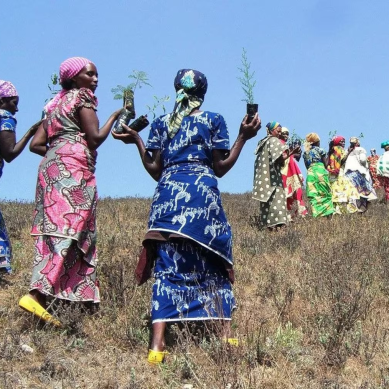
Anecdotally, Black scholars in United Kingdom universities told UK Royal Society researchers that they were the only Black people in their department or institution and sometimes in their field.
Kevin Lala, an evolutionary biologist at the University of St Andrew’s, UK, says that those who are members of under-represented groups clearly have a more difficult time reaching the highest levels of UK academia. “People of colour are pretty well represented across tertiary education in general,” he says.
“But when you look at the top universities and the higher echelons of universities, they are highly under-represented.” He notes that many hiring committees lack members of colour and that job advertisements aren’t necessarily reaching diverse communities. “There are subtle things that bias the landscape against minority groups,” he says.
Nature interviewed three survey respondents who say they have experienced racism in their training – an African American PhD student in the United States, a PhD student in Spain who is from India, and a Brazilian PhD student in Canada. All three spoke on the condition of anonymity.
The US PhD student says that he heard racially tinged comments from supervisors and fellow students during his undergraduate training at a university in the south-eastern part of the country. “I was frequently the only Black person in my upper-level biology courses,” he says. “There were a lot of microaggressions. People would call me ‘articulate’, which felt racially motivated. I speak normal English.”
During his time at the university, two incoming first-year students were banned from campus after sharing blatantly racist posts on social media. In the aftermath, he and a couple of other Black students met a department head to discuss their concerns. “We talked about being fearful to speak out in class,” he says. “He was very dismissive. He wasn’t listening to what we were saying.”
He says that he hasn’t sensed any racism during his graduate programme at a university in the Midwest. The institution, he says, recently hired a new dean for graduate diversity and inclusion.
In another positive step, there is now a mental-health counsellor who exclusively serves graduate students. “The university is more responsive to the issues that we have,” he says, “and they’re making the experience better as things go along.”
Nevertheless, he says, he has some questions about the university’s recruitment strategy for students. His adviser sits on the admissions committee, so he’s had a chance to meet and interact with applicants. The university, he says, could be more assertive in attracting and retaining students from under-represented groups. “I see a lot of minority applicants, but they don’t come out the other side and actually enrol.”
The Indian student in Spain says that she needs regular counselling sessions to help her cope with the stress and anxiety of dealing with her supervisor. She says the supervisor is harsh to everyone in the lab, not just to students from under-represented groups. But, says the student, the supervisor does save some of her most biting comments for people from other countries.
One morning, the student says, she came in 15 minutes late after putting in extra hours the night before. “My supervisor got really bossy with me and asked ‘Is that the Indian way of working?’ I was really shocked. She’s judging me based on the country that I’m from, and that’s not correct.”
Other researchers and students at the institution are welcoming and easy to work with, she says. “Everyone is respectful of one another.”
The Brazilian student in Canada had struggles of her own at the beginning of her PhD programme. She says that her supervisor, who was from another country herself, frequently belittled her English and scientific skills.
“At first I thought she was just trying to get the best out of me, but I noticed she was treating me differently to other students in the lab,” she says. “She said it was a mistake to accept me as a PhD student because students from Brazil can’t achieve the same levels as students from Canada. Because the education in my country is really poor.”
Feeling unwelcome and unsupported, the student reached out to the academic affairs office, where she was advised that she could either convert her PhD to a master’s programme and graduate early, or change labs and supervisors.
She decided to change labs, and says that she now feels much more at ease. All the same, she wishes there was a way for supervisors to be held accountable for mistreatment. If they don’t face consequences for unfair and discriminatory behaviour, she says, “it’s going to keep happening.”
- A Nature report











